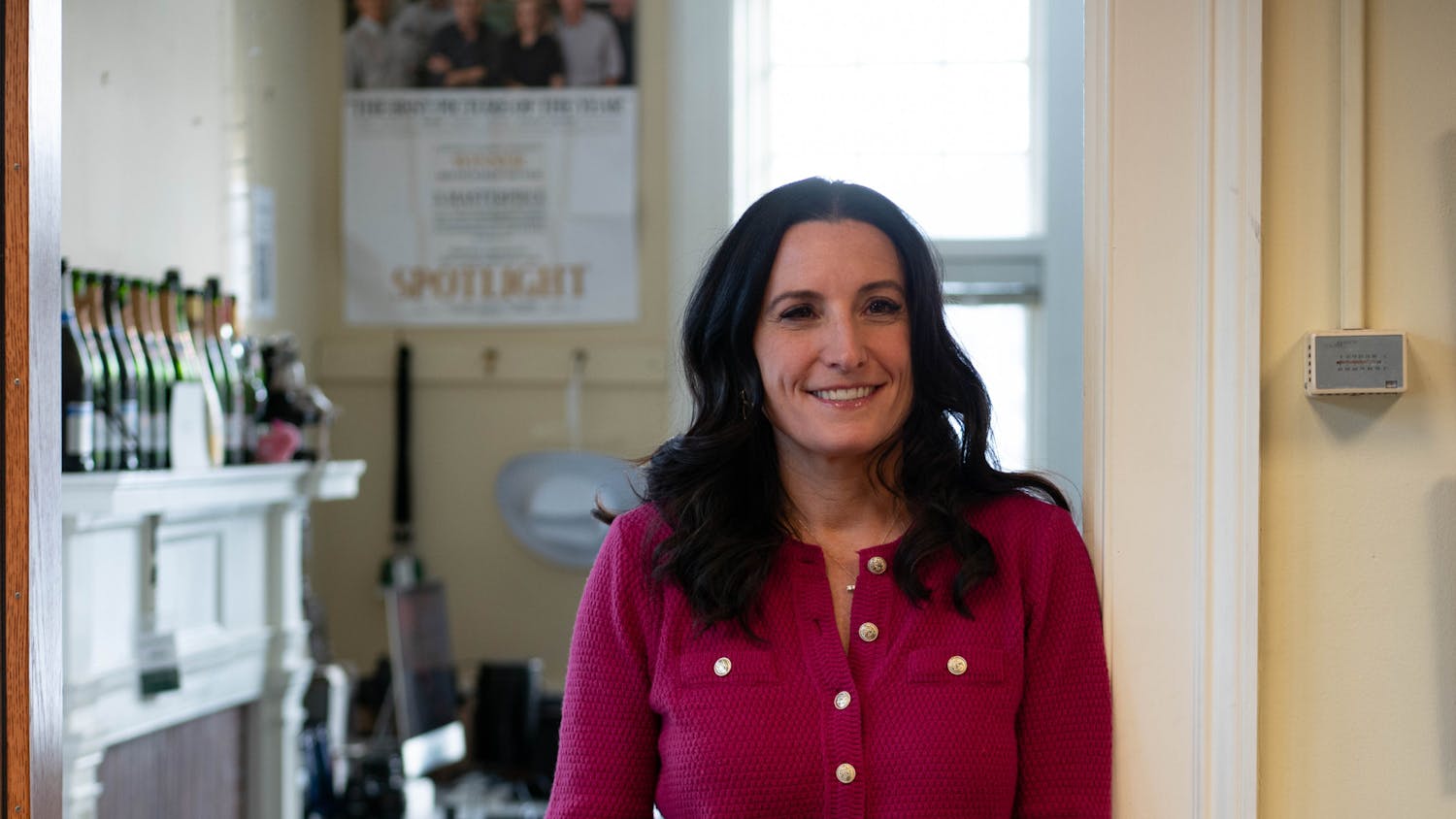Asian societies, cultures and languages studies postdoctoral fellow Josephine Ong has worked with other postdoctoral fellows and the Dartmouth Asian American Studies Collective at Dartmouth to increase awareness about the lack of Asian American studies courses at Dartmouth and advocate for an Asian American studies department. The Dartmouth sat down with Ong to discuss her course about Guam, academic work with Asian American studies and initiatives in partnership with the DAASC.
How have you organized for more Asian American studies classes at Dartmouth?
JO: What I’ve done so far is work directly with DAASC. I’ve supported students through my own experience, bringing in scholars through my class and organizing events with students. As a postdoctoral fellow, it’s quite a bit of a different thing to advocate for classes. We have less ability to change how the curriculum is, but what I did was try to offer something the students were interested in. I created a survey class based on what I thought I could teach and the students picked the topic.
How do you feel about Dartmouth’s Asian American studies offerings compared to other academic institutions?
JO: I did my Ph.D. at the University of California, Los Angeles, which is one of the strongest Asian American studies programs. Coming from Tufts to that, I was amazed at how much there is to offer. Then going into Dartmouth, I remembered how little there is to offer. For comparable institutions, there are more classes available at Harvard University, Cornell University and the University of Pennsylvania. In Asian American studies academic circles, we know that Dartmouth has been quite behind, frankly, on supporting Asian American scholarship and research and teaching.
What are the student-led initiatives to expand Asian American Studies at Dartmouth?
JO: DAASC has organized and tried to advocate for Asian American studies for years. Next week, I’m bringing in an alumni of DAASC’s predecessor to campus to talk about their Vietnamese American scholarship and how they pursued it at Dartmouth. They’ve long advocated for this, and I’ve worked with DAASC to help support them in whatever I could do in these past few years. It’s quite difficult because, compared to other ethnic studies units, Asian American Studies doesn’t have a home per se — and I think that is actually a very racialized experience for Asian Americans to feel like perpetual foreigners in a sense.
Why is it important to have Asian American studies at Dartmouth?
JO: It provides a space for there to be critical conversation about what it means for Asians to be pitted against Black folks, Indigenous folks and Latinx folks, especially when it comes to police brutality, indigenous dispossession and recently, the attacks on undocumented migrants.
Asian American studies actually presents questions about why Asian American folks don’t often talk about the undocumented migrants within the Asian American community. It allows for there to be questions on belonging and how to find it, but also how Asian Americans can belong in the United States without also stepping on other people’s backs. Asian American studies allows students to ask these questions and push things forward in very thought-provoking ways. I love my students at Dartmouth, and I feel like it’s a disappointment that there is not more space for them to take these questions further and create these things out of it. For instance, there are really great research projects that folks are working on in my class, and I only wish that there would be more courses for them to further explore and think about these issues that are affecting our communities.
How can students interested in Asian American studies get more involved in classes or initiatives?
JO: The first thing to do is to reach out to DAASC and talk with them. Maybe even just attend one of their events to see what is happening — that’s a great start. Classes with faculty who have Asian American studies in their biography or under their research interests are a great way to start because those scholars tend to be trained in it. The Asian American studies theory is also very particular to the focus that I just described. If you’re interested in those questions, it’s helpful to have a scholar who is trained in those efforts to teach you because then they’ll be highlighting the scholarship and specific theories that will lead you to unpacking those questions and forming your own opinions about them. The way I teach, I don’t try to force my students to adopt my opinion, but I ask them to think about how I present information. I ask my students to analyze it, think critically, unpack things and form their own perspectives. Having a department and multiple classes is what allows you to continue to build them.
This interview has been edited for clarity and length.




